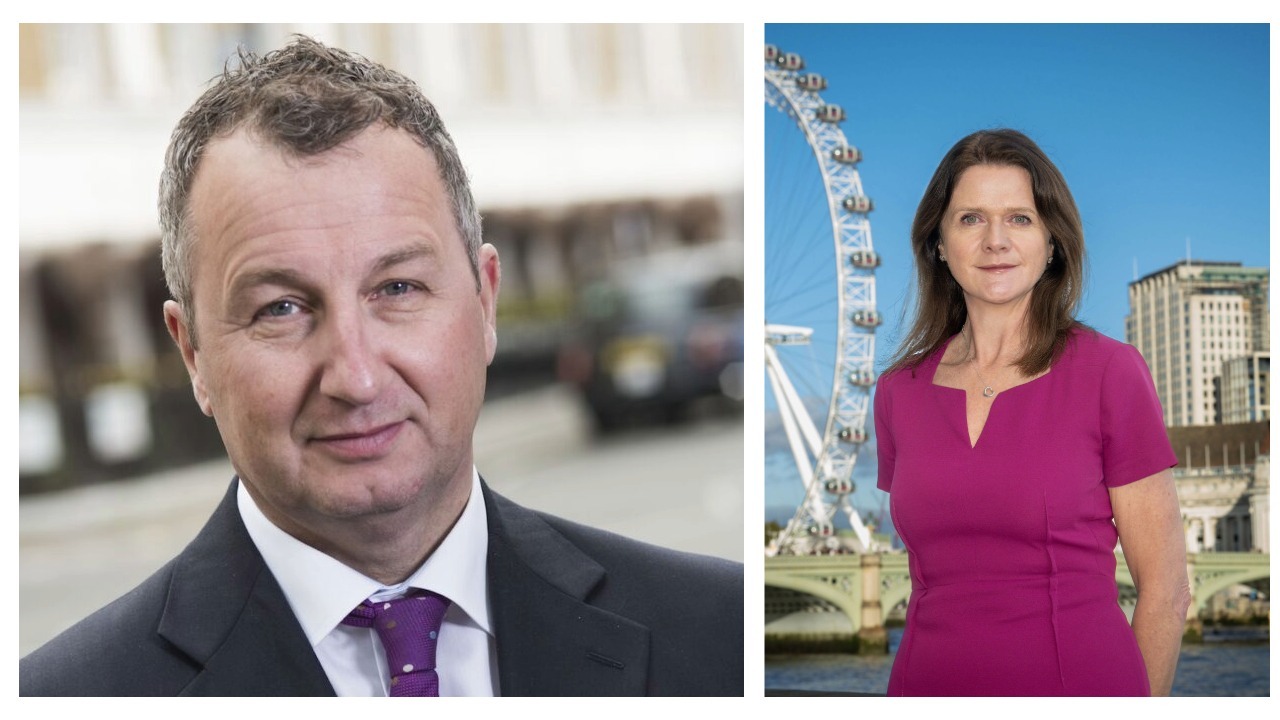Tories Promise to Scrap Business Rates as UKHospitality Demands Urgent Reform
Posted by Emily on 8th Oct 2025 Reading Time:
The Conservative Party has pledged to abolish business rates for high street shops and pubs if it wins the next general election — a move that has reignited debate over Britain’s long-contested business rates system and prompted calls from industry leaders for fundamental reform.
Announced at the Conservative Party Conference in Manchester, shadow chancellor Sir Mel Stride said a future Conservative government would “completely abolish business rates for shops and pubs on our high streets.” The policy, estimated to cost around £4 billion annually, would be funded by cutting public spending in areas such as welfare, the Civil Service, and foreign aid.
Stride said the measure would bring “hope” to struggling high street businesses, arguing that Labour’s recent tax increases — including rises in employers’ National Insurance contributions — had left shops shuttered and pubs closing in record numbers. “Under Labour, many have seen their business rates double,” he said. “We need to get business rates down. So today I can announce that… a future Conservative government will completely abolish business rates for shops and pubs. End of. Finished. Gone.”
Chris McAndrew, CC BY 3.0, via Wikimedia Commons
A Broken System and a Call for Reform
Industry leaders welcomed the renewed political focus but warned that what Britain’s high streets need is not short-term relief, but a structural overhaul.
Kate Nicholls, Chief Executive of UKHospitality, said the sector had “been paying billions more than its fair share for decades” and that the system was “completely broken.”
“The business rates system is completely broken, with hospitality paying billions more than its fair share for decades,” Nicholls said.
“This is welcome recognition from the Shadow Chancellor of the need to reform the business rates system, as well as the need to prioritise and back our high streets to drive growth, attract investment and support our communities.
“Reducing the tax burden on hospitality is urgent, and that needs to start at the Budget with the maximum possible business rates discount applied to all hospitality properties under £500,000 rateable value.
“This maximum discount should be implemented alongside a commitment that no hospitality property above £500,000 rateable value pays more in rates. Hospitality businesses are being taxed out, with 84,000 job losses since the cost increases in the last Budget. The November Budget needs to lower business rates, fix NICs and cut VAT.”
Industry Experts Question Credibility
While Nicholls welcomed the conversation, others in the industry questioned the credibility of the Conservatives’ pledge and the practicality of their funding proposal.
John Webber, Head of Business Rates at Colliers, was more sceptical, warning that the announcement risks being little more than “conference grandstanding.”
“Around 700,000 businesses already pay no business rates, so extending relief further will only add to the burden on those that still do. This feels like party conference grandstanding rather than a credible fiscal plan.
After 14 years in government, the Conservatives are once again promising ‘efficiency savings’ instead of addressing the root problem. What’s needed is fundamental reform of the entire system, not another round of tinkering at the edges.
The burden of business rates has become too heavy for all sectors — it shouldn’t just be about who shouts the loudest. Both parties have promised reform when in opposition, but neither has delivered in power. The pattern is clear: sound bites instead of structural change.”
Webber’s comments reflect a widespread sentiment among business leaders: while successive governments have acknowledged the issue, few have taken bold action to modernise a tax system widely seen as outdated and inequitable.

John Webber, Head of Business Rates at Colliers (left), and Kate Nicholls, Chief Executive of UKHospitality (right), have both urged the government to pursue genuine reform of the business rates system rather than temporary reliefs or political sound bites.
Political Posturing or Genuine Change?
Stride’s plan seeks to position the Conservatives as the party of “fiscal responsibility” — a contrast, he claimed, to Labour’s “tax-heavy” approach. However, the Labour Party dismissed the proposal as “the same old Tories, with the same old policies,” accusing them of failing to outline how they would fund the £4 billion annual cost of abolition .
Labour has also faced its own scrutiny. Despite pledging reform in opposition, critics point out that the party’s latest proposals still stop short of a full overhaul. Webber observed that “nothing from [Labour] of any consequence” has been announced, noting wryly that “in opposition, they were also pledging to abolish business rates — you see the pattern.”
The Path Ahead
As Britain’s high streets continue to grapple with inflationary pressures, high energy costs, and subdued consumer spending, the debate over business rates reform remains far from resolved. For now, industry leaders appear united on one point: the system cannot be fixed by temporary relief alone.
Whether the Conservatives’ promise becomes policy — or simply another political sound bite — will depend on the electorate’s verdict and the government’s willingness to turn rhetoric into reform.



